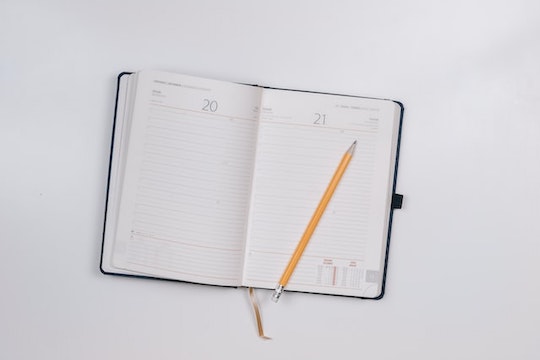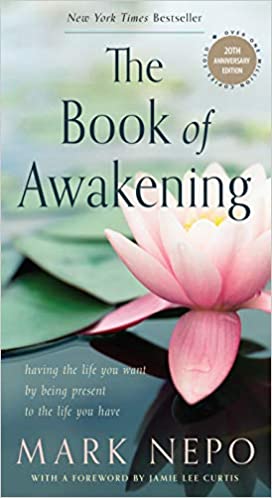“Fill each day with things to learn, launch, and love.”
—Jay Shetty, English author, former Hindu monk, and life coach
Recently I had a day with absolutely nothing on my calendar.
Instead of jumping into my default activities to pass the time, I looked to today’s quote to guide my efforts.
Rather than sharing my specific activities, I ask you to consider what you learn, launch, and love throughout your days.
Take a look at the correlation between these activities and having a sense of fulfillment when it’s time to rest.
EXERCISE:
How can and will you be more intentional to actually plan and schedule things to learn, launch, and love in the days ahead?










